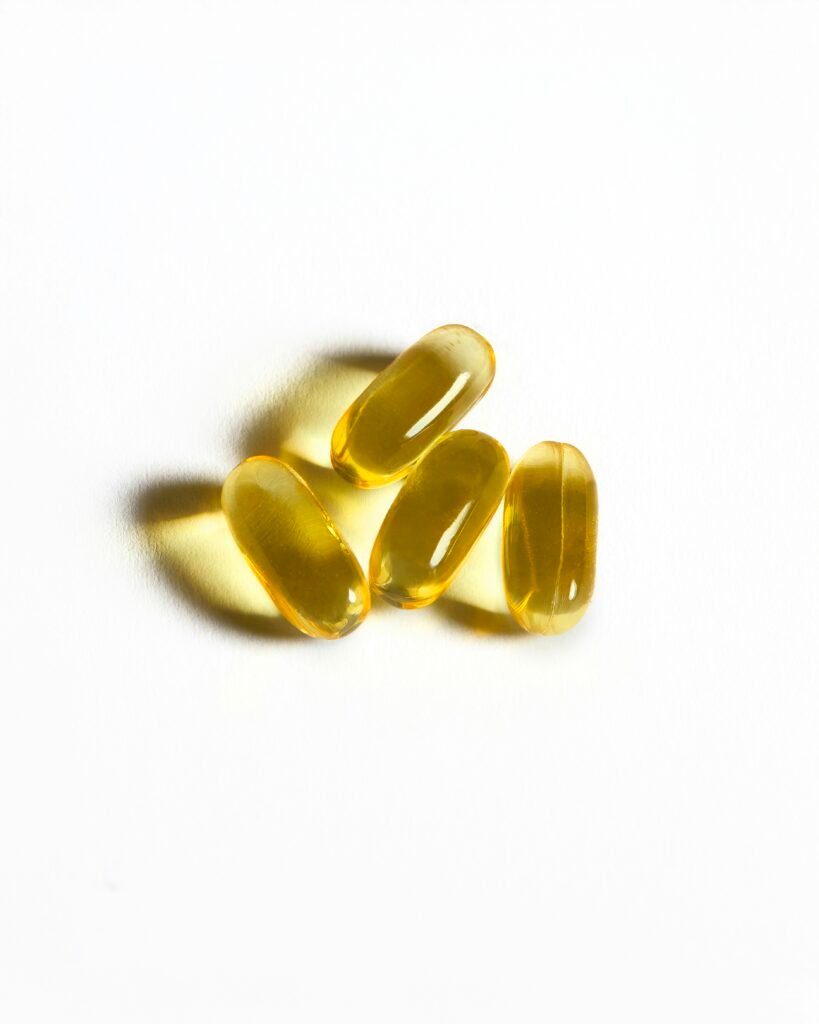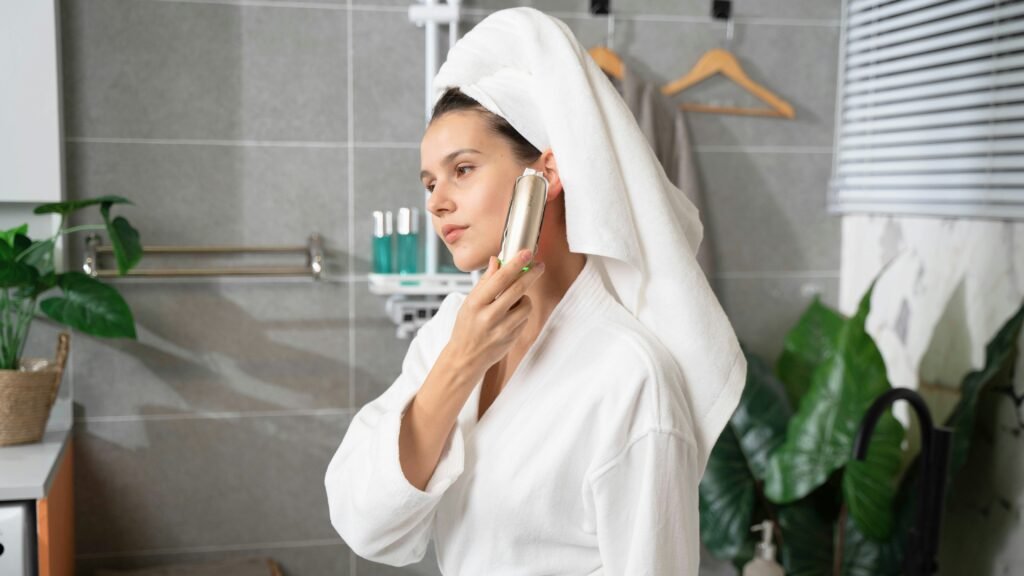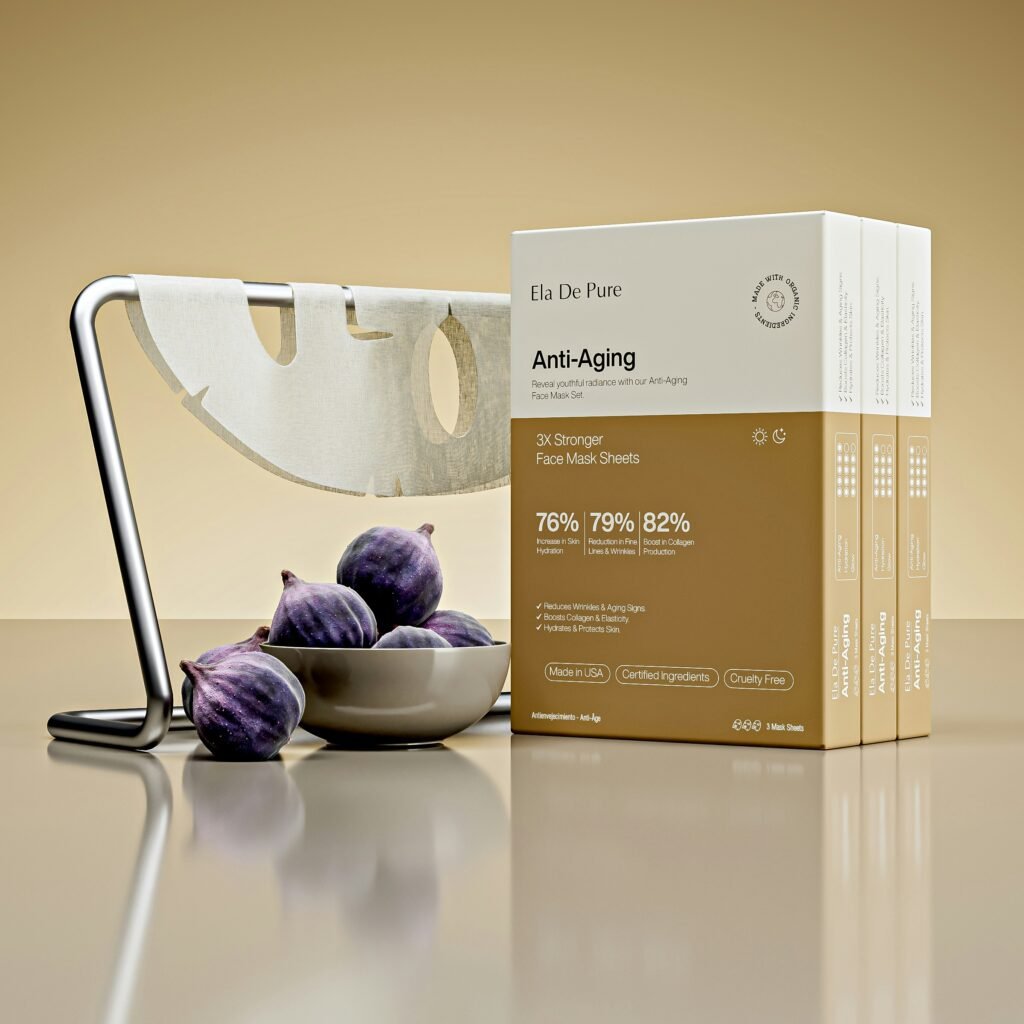Have you ever thought about the science behind aging and what you can do to potentially slow it down? It’s fascinating how our lifestyle choices might play a role in the aging process. One area that’s gaining a lot of attention lately is the relationship between cold plunges and telomere health. You might be wondering how something as simple as stepping into a cold pool could affect the aging of your cells. Let’s break it down together.
What are Telomeres?
Telomeres are the protective caps at the end of your chromosomes. Think of them as the plastic tips on your shoelaces—without them, laces fray and become unusable. Similarly, telomeres protect your chromosomes from deterioration. As your cells divide, telomeres shorten. When they become too short, the cell can no longer divide properly, leading to aging and age-related diseases.
The Science of Telomere Shortening
As you age, your telomeres naturally get shorter. Stress, poor diet, lack of exercise, and other lifestyle factors can accelerate this process. Scientists have linked shortened telomeres to a variety of health issues, including cardiovascular disease, diabetes, and certain types of cancer. Understanding telomeres helps highlight why taking care of your body is crucial for longevity.
The Fascination with Anti-Aging
The quest for anti-aging solutions has become somewhat of a culture in modern society. From creams and supplements to extreme diets, everyone seems to be searching for that silver bullet. But what if the answer could be found in something as simple as taking a cold plunge?
What are Cold Plunges?
Cold plunges, also known as cold water therapy, involve immersing your body in cold water for a short period. Many athletes use this technique to reduce inflammation and recover from workouts, but recent studies suggest that the benefits may go beyond just muscle recovery.
The Benefits of Cold Water Exposure
Cold water exposure has a range of benefits. Here are a few:
| Benefits | Description |
|---|---|
| Improved Circulation | Cold water causes your blood vessels to constrict, improving blood flow. |
| Enhanced Mood | Cold water immersion releases endorphins, providing a mood boost. |
| Reduced Inflammation | Cold water can reduce swelling and inflammation in muscles and joints. |
| Better Sleep | Exposure to cold can improve sleep quality by regulating body temperature. |
| Boosted Immune System | Cold exposure has been shown to enhance the immune response. |
Incorporating cold plunges into your routine can potentially lead to both physical and mental benefits.

The Connection Between Cold Plunges and Telomere Health
Now, you may be wondering how cold plunges tie back into the health of your telomeres.
Cold Exposure and Cellular Stress
When you expose your body to cold water, it creates a mild stress response. This isn’t the bad kind of stress, though. It’s similar to the benefits of exercise, where a little bit of stress can stimulate your cells to adapt and become stronger. This is where the link to telomeres comes into play: some studies suggest that controlled stress can promote telomere maintenance.
Inflammation and Telomere Length
Chronic inflammation is a significant factor in telomere shortening. Cold plunges can help mitigate inflammation by reducing inflammatory markers in your body. When inflammation levels drop, it could have a positive effect on the length of your telomeres.
The Role of Hormesis
Hormesis is a biological phenomenon where exposure to low doses of stressors − like cold water − can stimulate a beneficial adaptive response within your cells. This is thought to encourage the maintenance of telomeres, potentially slowing down the aging process.
What the Research Says
While the connection between cold plunges and telomere health is still a relatively new area of research, there are compelling studies that shed light on the topic.
Key Studies
-
Exercise and Telomere Length
A study published in the Journal of Gerontology found that regular exercise is associated with longer telomeres. Many athletes use cold plunges as a recovery method, suggesting that the combination of exercise and cold exposure may contribute to healthy telomere length. -
Cold Exposure and Inflammation
Another study highlighted that cold exposure can lower inflammation levels and improve recovery times in athletes. Since inflammation is linked to telomere shortening, this finding raises interesting questions about how cold therapy might indirectly support telomere health. -
Adaptation to Stress
Research indicates that exposure to cold might help your body better adapt to environmental stressors. This adaptability could foster better cellular function and stability, which are crucial for maintaining telomere length.
Limitations and Considerations
Though the preliminary studies are promising, they are not definitive. Much of the research is still in the early stages, and more extensive studies are needed to draw firm conclusions about the relationship between cold plunges and telomere health.

How to Start Cold Plunging
Feeling intrigued by the idea of cold plunges? Here’s how you can give it a try.
Start Gradually
If you’re not used to cold water, it’s wise to start slowly. Begin with a cool shower before transitioning to colder temperatures. As you get more comfortable, you can try cold plunging in a tub or natural water source.
Choose the Right Environment
You don’t need a fancy cold plunge setup to benefit from cold exposure. Any cold body of water will suffice, whether it’s a cold shower, a lake, or an ice bath. Just make sure the water is cold enough to elicit a response without being overwhelmingly uncomfortable.
Timing Matters
While you don’t need to spend a lot of time in cold water, consider aiming for anywhere between 1 to 3 minutes. You can gradually increase your time as your body adapts to the cold.
Listen to Your Body
Pay attention to how your body reacts. Cold plunges shouldn’t cause pain, so make sure to ease out if you feel uncomfortable. It’s essential to prioritize your well-being.
Other Lifestyle Choices for Telomere Health
Incorporating cold plunges into your routine is just one step you can take to promote healthy telomeres. Here are additional lifestyle choices you might consider:
Healthy Nutrition
Nutrition plays a significant role in telomere health. Foods rich in antioxidants, such as fruits and vegetables, can combat oxidative stress and inflammation. Omega-3 fatty acids, found in fish, walnuts, and flaxseeds, also support reduced inflammation levels.
Regular Exercise
Staying active is beneficial not just for your overall health but specifically for telomere length. Regular aerobic and strength exercises can help maintain telomere integrity.
Stress Management Techniques
Managing stress through mindfulness practices like yoga, meditation, or deep breathing can significantly reduce the negative impacts of stress on telomeres.
Sleep Hygiene
Quality sleep is essential for cellular health. Aim for 7-9 hours of restorative sleep each night. Create a calming bedtime routine to help boost your sleep quality.

Conclusion: The Bigger Picture
While the connection between cold plunges and telomere health is still under investigation, there is growing interest in the potential of cold exposure as a tool for promoting longevity. Understanding the science behind telomeres empowers you to make informed choices about your lifestyle.
You have the ability to influence your aging process through various lifestyle decisions. By incorporating practices like cold plunges, maintaining a healthy diet, and managing stress, you might just forge a path toward a healthier, more vibrant future.
As you journey through life, keep in mind that preventative measures—like the ones mentioned—can have a cumulative effect on your overall health. So, could a simple cold plunge be a step toward a longer, more fulfilling life? Only time and research will tell, but it certainly won’t hurt to give it a try. Your cells—and your future self—might just thank you for it.

